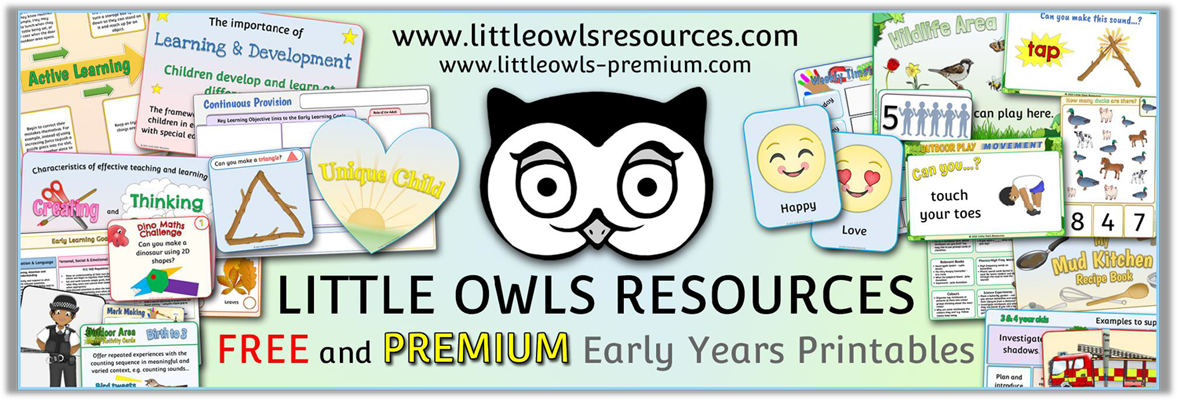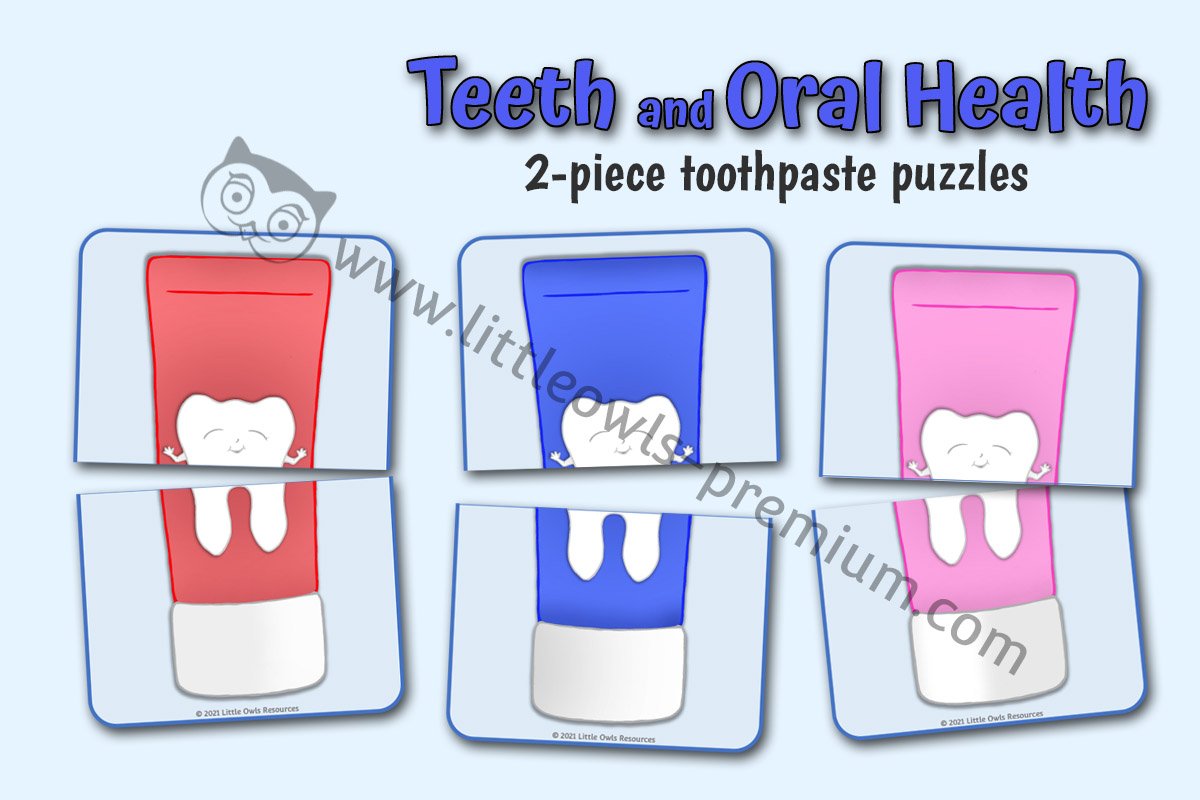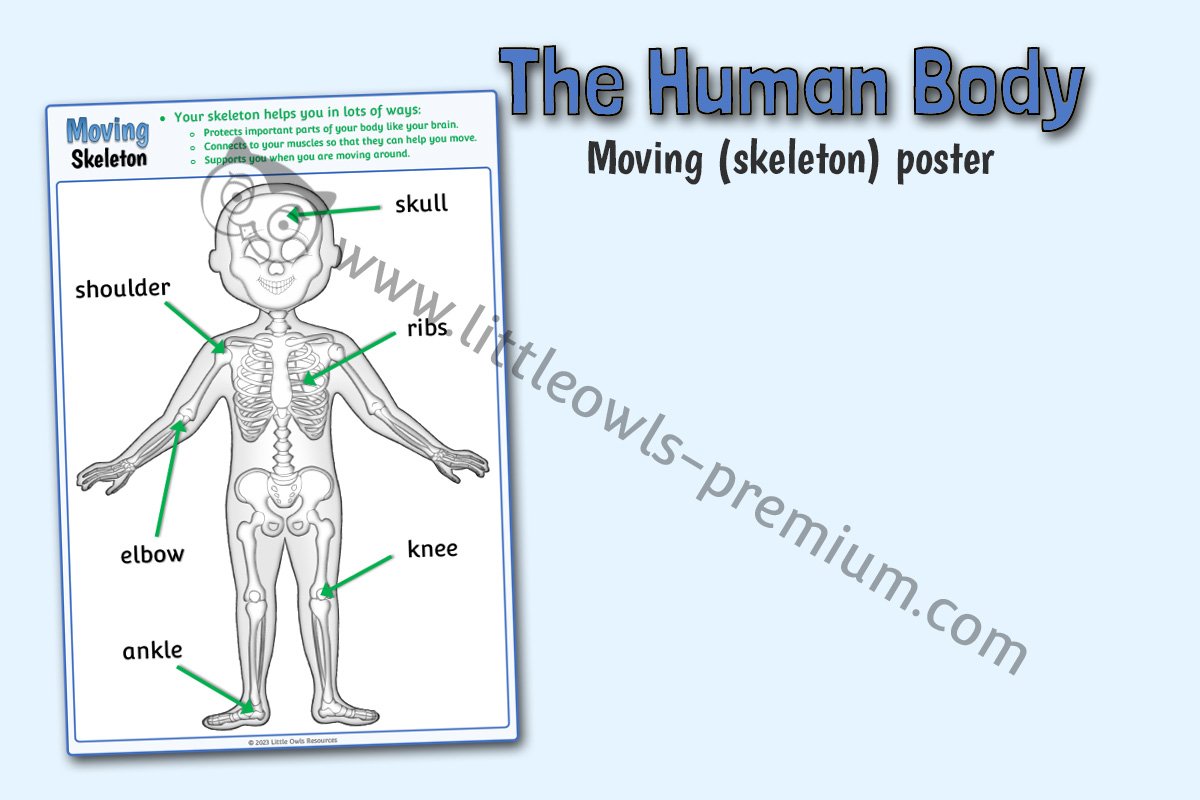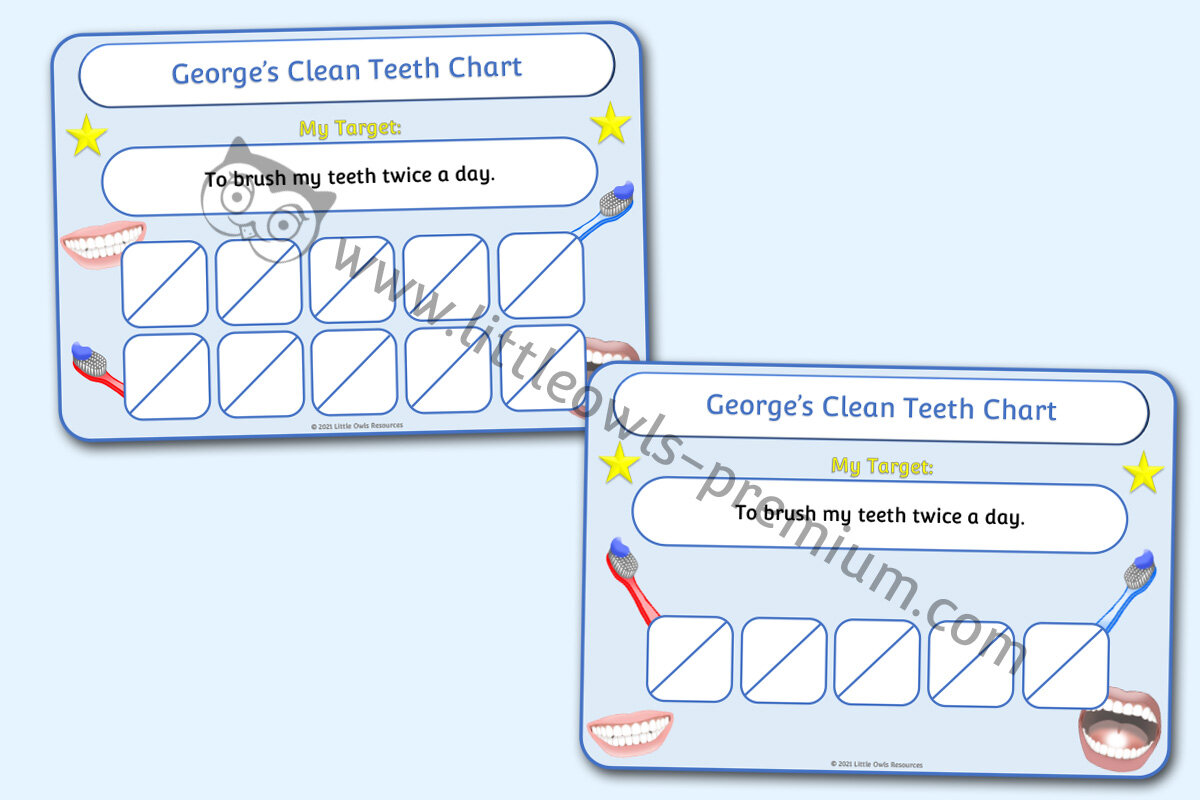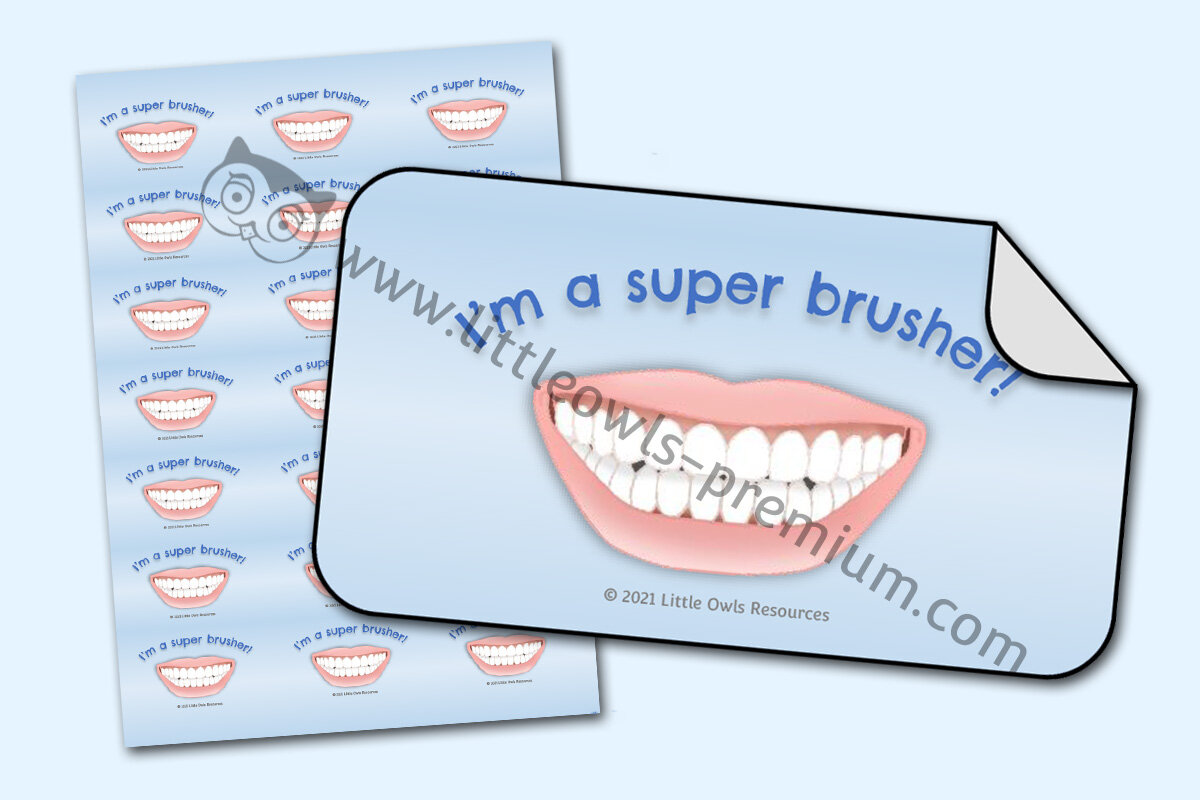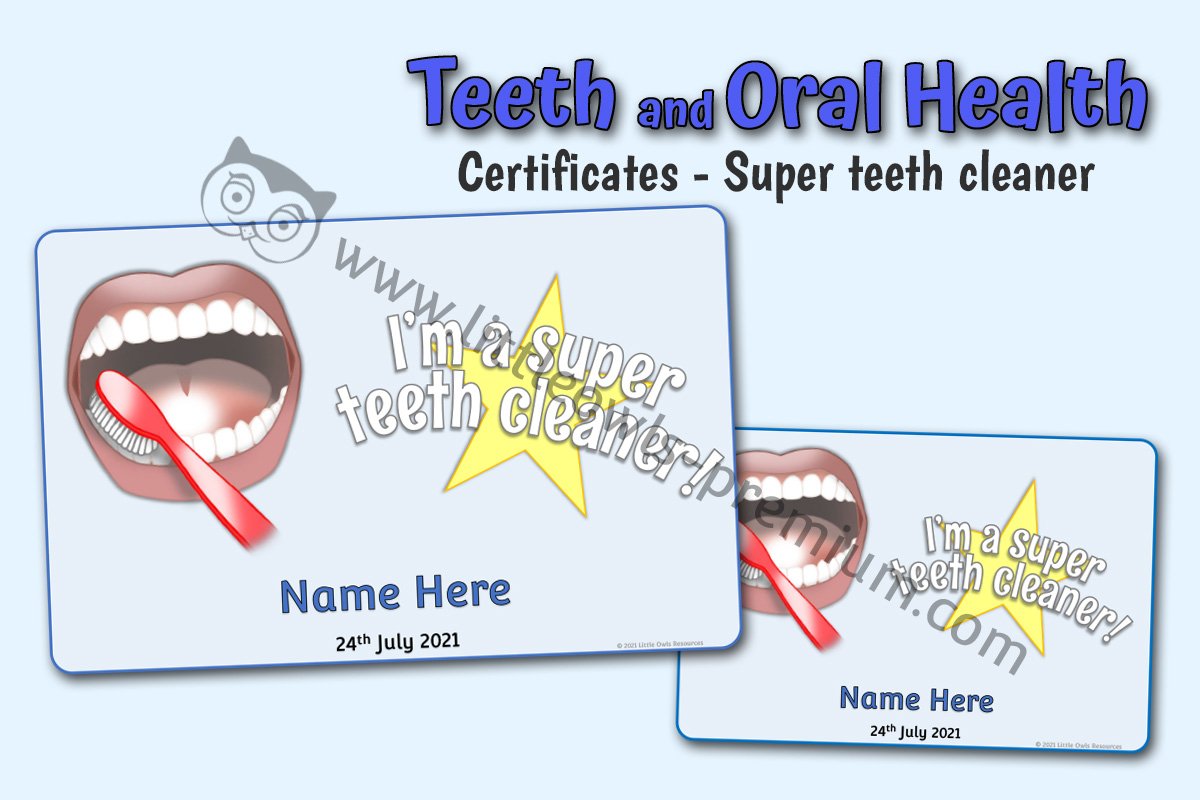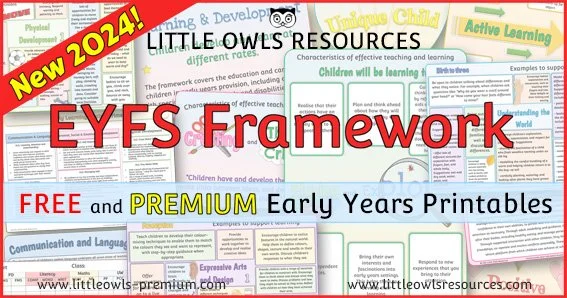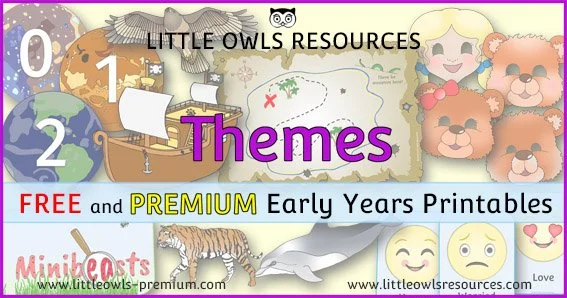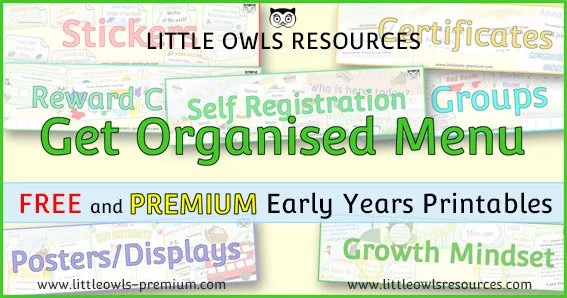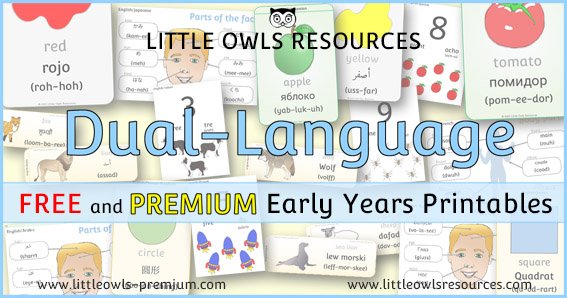FREE Teeth and Oral Health: EYFS/Early Years activities, Displays and ideas
Please note: The ‘Teeth and Oral Health’ topic resources on this page are FREE!
😁 Flash a brilliant smile with our 'Teeth and Oral Health' resources, designed to make learning about dental care fun and engaging! Dive into imaginative play with our comprehensive Dentist Dramatic Role-Play Pack, complete with Dentist Word Cards and a Word Mat. Teach essential routines with 'Brush Your Teeth Morning and Night' posters and 'Brush Your Teeth Posters' (both available in colouring versions), and reinforce healthy choices with 'Colour the Foods That Are Better for Your Teeth' activities and 'Good vs Bad for Teeth' cut-and-stick sheets.
Playful Learning for Oral Health
Develop fine motor skills with 'Clean Your Teeth' Pencil Control Sheets and Mats, and build literacy with our 'Clean Your Teeth Letters and Sounds Game'. Explore creativity with 'Make Some Teeth Playdough Mats' and enjoy problem-solving with Colour Match Toothpaste 2-Piece Puzzles and a 'Colour Match Toothbrush and Toothpaste Game'. We also link to broader 'People Who Help Us' resources, including a dedicated Dentist Pack, and connect to 'The Human Body' topic with relevant visuals.
Reward & Motivate Healthy Habits
Encourage consistent dental hygiene with our motivating 'Get Organised' resources, such as 'Clean Teeth' Reward Charts, 'I'm a Super Brusher!' stickers, and 'I'm a Super Teeth Cleaner!' Certificates. All this and more awaits to help children develop lifelong healthy oral hygiene habits! 🦷
Please scroll down to browse our Free Teeth and Oral Health activity ideas, printable educational materials, planning inspiration, display resources and much more! If you’re looking for Preschool, Nursery, Childminder, Reception, SEND or Home School Education resources for 0-7 year olds, you’ve come to the right place! Our interactive and engaging EYFS and KS1 learning resources are lovingly made (including original hand drawn images) by early years teaching and learning experts; a husband and wife team. We hope it helps! 😊
SECTIONS ON THIS PAGE:
Free ‘Dentist’ role-play pack
An overview of ‘Oral Health’ with regard to the EYFS Framework.
Free ‘Teeth and Oral Health’ Resources
‘Dentist’ resources from our ‘People Who Help Us’ page
‘Teeth and Oral Health’ Resources available on our ‘Get Organised’ pages
Related special dates - National Toothache Day - World Oral Health Day (Scroll down to find out more)
Related ‘Health & Hygiene’ Topic & Awareness Date pages you may be interested in
If you are not a member already, become a ‘Free Access’ member here. This will give you access to resources within the ‘Free Sample Resources’ sections at the top of most pages and ‘Special Dates Calendars’. Some whole topics are even free! (Like this one!) Find out more about all of our membership options here. If you are already a member… thank-you! x
Please note that both Editable (docx file) and non-editable (pdf file) versions are available for ‘Teeth & Oral Health’ resources. (Editable files require Microsoft Word to work at optimum level and Non-Editable files require a pdf viewer.)
Why oral health is included in the EYFS framework
This has been included because good oral health habits need to be formed from the earliest age. Tooth decay is largely preventable, but it’s still a serious problem among young children.
Nearly a quarter of 5 year olds in England have tooth decay, with 3 or 4 teeth affected on average. Tooth extraction is one of the most common procedures for children under 6 in hospital. Extraction is also the most common reason for hospital admission for children aged 6 to 10. Children from more deprived backgrounds are more likely to have tooth decay.
Children who have toothache, or need treatment, may have pain or infections. This can have a wider effect and lead to problems eating, sleeping, socialising and learning.
Promoting oral health
You can decide how you promote oral health, based on what works best in your setting. Ideally, you can link oral health to things you already promote, like self-care, healthy eating and physical development.
Be playful with children about oral health. Suggest they brush the teeth of dolls or soft toys. Read stories about teeth and smiles. Talk about healthy food and drinks that help to grow strong teeth, and those that do not. Get them to look at their own and each other’s teeth, using mirrors.
Talk about tooth brushing with fluoride toothpaste as children arrive. Give parents and carers knowledge and practical advice to support oral health at home.
You can also support children’s awareness of oral health by:
visiting dentists or having them visit you
providing or showing toothbrushing kits
showing toothbrushing routines
Supervised toothbrushing
You can decide if you want to bring in supervised toothbrushing. There are various schemes that support this. Speak to your local authority about it and read the supervised tooth brushing programme toolkit from Public Health England.
This page contains public sector information licensed under the Open Government Licence v3.0.
Free ‘Teeth and Oral Health’ Printable Resources
Click on the thumbnail images below for further details…
‘Dentist’ resources from our ‘People Who Help Us’ page…
‘Teeth’ resources available in our ‘The Human Body’ Topic
‘Teeth and Oral Health’ Resources available in our ‘Get Organised’ sections…
Related Special Dates
National Toothache Day
National Toothache Day isn’t a widely recognised or official observance in the UK, but it is an informal awareness day that exists to highlight the importance of dental health and encourage people to prevent and address oral issues like toothaches. While the date is most commonly observed on 9th February, it has more recognition in other countries, such as the United States, than in the UK.
Purpose of National Toothache Day
Raise Awareness:
It serves as a reminder of the importance of maintaining good oral hygiene to prevent toothaches and other dental problems.
Encourage Action:
People are encouraged to visit the dentist regularly, avoid neglecting oral pain, and address dental issues early.
Education:
Promotes understanding of the causes of toothaches, such as cavities, gum disease, or infections, and the steps needed to avoid them.
Common Causes of Toothaches Highlighted on this Day
Tooth Decay:
Caused by plaque build-up and acid erosion.
Gum Disease:
Inflamed gums can lead to pain and tooth sensitivity.
Dental Abscesses:
Infections in the tooth or gum.
Teeth Grinding:
Can wear down enamel and cause jaw pain.
Sensitivity:
Exacerbated by cold, heat, or sweet foods.
Why It’s Relevant
Although it may seem like a humorous observance, National Toothache Day encourages serious action to prevent the pain, discomfort, and long-term health effects of poor oral hygiene. For many, it’s a light-hearted prompt to schedule a dental check-up or assess their oral care routine.
If toothaches or dental health issues are a recurring problem, it’s a good opportunity to review your habits and address any potential underlying causes!
World Oral Health Day
World Oral Health Day (WOHD) is celebrated globally every year on March 20th. This international awareness day is organised by the World Dental Federation (FDI) and aims to empower people with the knowledge, tools, and confidence to secure good oral health. Each year, there's a specific campaign theme to focus on a particular aspect of oral health.
The main educational thrust of World Oral Health Day for EYFS and KS1 children is to establish foundational habits for good oral hygiene and to help them understand why looking after their teeth and gums is important for their overall health and well-being. It's about demystifying dental care and making it a positive and regular part of their daily routine. It also aims to reduce dental anxiety by making the topic fun and accessible.
Activities for EYFS and KS1 Practitioners and Parents:
Here are some engaging and age-appropriate activities to celebrate World Oral Health Day and promote good oral hygiene with young children:
"Brush Your Teeth" Song & Dance: Use a fun song and actions to teach the correct brushing technique. Use a large toothbrush prop and a model mouth or a puppet to demonstrate.
Two-Minute Brushing Challenge: Set a timer for two minutes (the recommended brushing time) and encourage children to brush their teeth (or a toy's teeth) for the entire duration. You can use a fun song or a timer with visuals.
"Healthy vs. Unhealthy Foods for Teeth" Sorting Game: Prepare pictures of various foods and drinks. Children can sort them into two categories: "Good for My Teeth" (e.g., apples, cheese, milk) and "Sometimes Foods for My Teeth" (e.g., sweets, fizzy drinks). Discuss why some foods are better than others.
Visit from a "Dental Helper" (Role Play): Set up a pretend dental surgery. Children can take turns being the "dentist" and the "patient." Provide toothbrushes, a mirror, and a toy mouth. This helps familiarise them with the dental environment in a playful way.
Egg Experiment (The "Enamel Protector"): Hard-boil an egg and place it in a glass of a dark, sugary drink (like cola or fruit juice) overnight. In another glass, put an egg in plain water. The next day, observe the staining on the egg in the sugary drink. Then, try to "brush" the stains off. This visually demonstrates how sugary drinks can harm teeth and how brushing helps.
Dental Themed Story Time: Read age-appropriate books about going to the dentist or the importance of brushing teeth (e.g., "The Tooth Book" by Dr. Seuss, "The Crocodile Who Didn't Like Water" by Gemma Merino, or any book about visiting the dentist).
Create a "Toothbrush Craft": Use pipe cleaners and sponges to make simple toothbrush models, or cut out large tooth shapes from paper and have children "brush" them clean with paintbrushes and white paint.
"Counting Teeth" Game: Use a large drawing of a mouth with teeth (or even a toy animal mouth). Children can count the teeth and discuss how many teeth they have now and how many adult teeth they might get later.
"What's in My Mouth?" Exploration: Using a child-safe mirror, encourage children to look inside their own mouths. Help them identify their teeth, gums, and tongue. Discuss how each part helps them eat, talk, and smile.
Brush a Toy's Teeth: Provide a soft toy or doll and a toothbrush for children to practice brushing, focusing on covering all surfaces.
Official World Oral Health Day Website: For more information, this year's campaign theme, and free resources (including educational materials), please visit the official World Oral Health Day website: www.worldoralhealthday.org
